San Francisco State University announced on Aug. 22 that it will update the current Environmental, Social and Governance (ESG) investment strategy to affirm its role in values-driven advising.
According to an email from University Advancement, the update comes after discussions with a “work group comprised of representatives of Students for Gaza, the [university] Foundation’s Investment Committee, faculty advisors and administrators” this past summer.
The new plan contains three elements that are meant to implement transparency surrounding investments and propel future change, following the discussion between Students for Gaza SFSU and President Lynn Mahoney at Malcolm X Plaza last spring.
Brian Yan, media liaison for Students for Gaza SFSU, said they are all happy with the investment plan right now but are still pushing for full divestment from Israel, as they see this as a great start towards attaining their goals.
“We want to keep pushing past just this university because we know divestment from one university isn’t going to stop a genocide,” Yan said.
In order to address the concerns on how the university allocates its funds, the work group met multiple times over the summer and formulated the updated ESG investment plan.
The first element addressed in the new investment plan explains how the work group created a recommendation to the Investment Committee to remove investments in companies whose revenues come from weapons manufacturing.
“The Foundation’s Separately Managed Accounts (SMA’s) will use the conservative metric of 5% for defining the revenue threshold for weapons manufacturing, and — while our commingled investment strategies already align strongly with core environmental, social, and governance (ESG) values — we believe we can engage with fund managers over time to discuss changes which could have further positive impacts,” the email states.
Additionally, they also made sure to add a human rights component to the investments made by the university.
The second element states that an agreement is in place to suggest revisions surrounding the language of the Investment Policy Statement that aims to further commit to the idea of improving human rights to the SFSU Foundation Board. The final vote for the updated approval of policies and procedures is expected in December this year.
The third element affirms that changes are expected to occur to the Foundation’s website that would include information on the allocation of investments, further promoting disclosure and transparency. They aim to complete the website by the end of September, according to the email.
Among the work group discussing the updated ESG strategy was SFSU President Lynn Mahoney, who followed through on her promise of sitting down and engaging in this conversation.
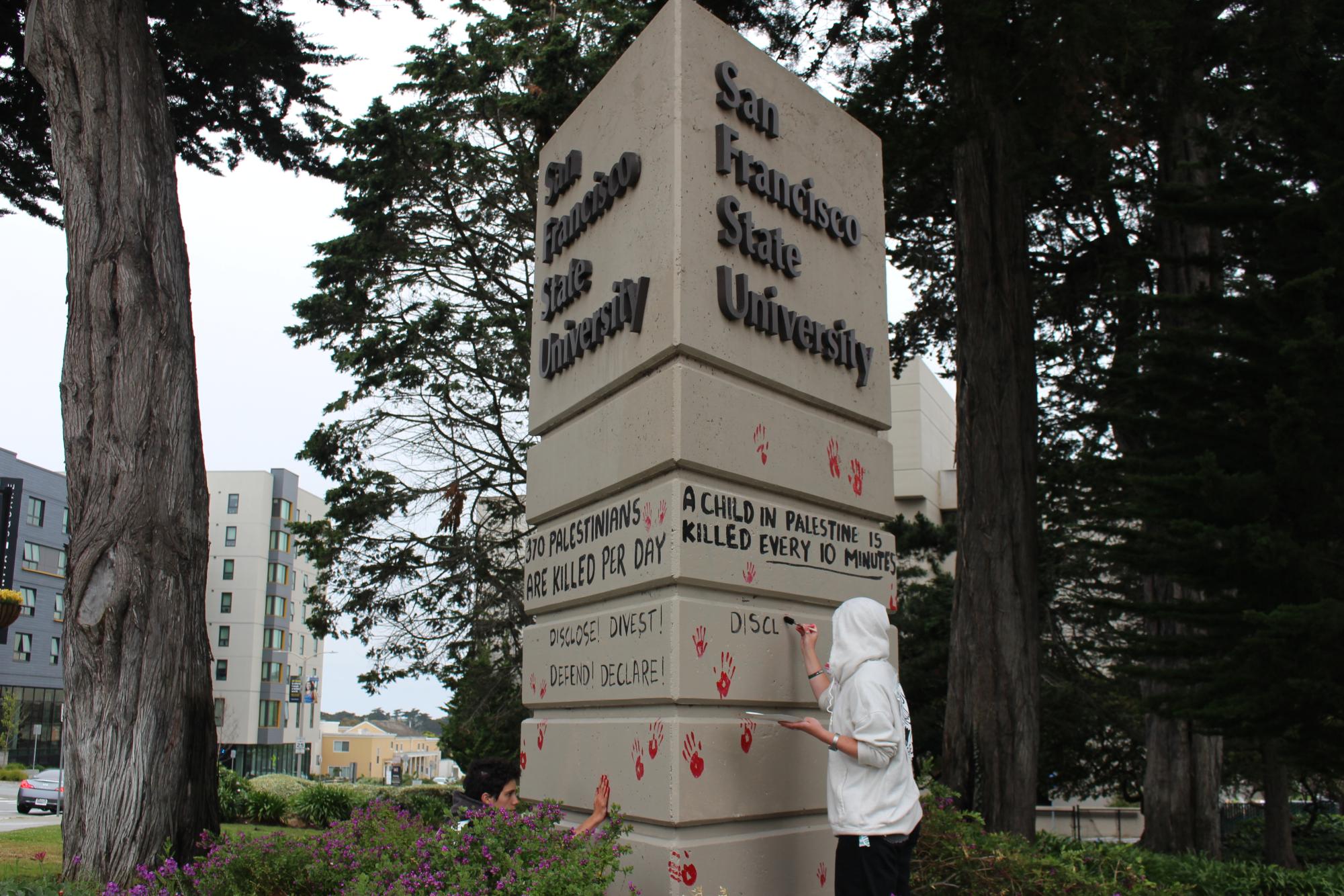
As part of the discussions, Mahoney made sure to hear the “impassioned, articulate plea” of the students “to have stricter standards” that align with the school’s views. She is confident it is one of the strictest weapons screenings of any university in the United States.
“At my university, weapons manufacturing, with large, does not align with our values in terms of investment dollars,” Mahoney said.
Mahoney also stated the importance of what kind of impact the ESG investment update can have for the forthcoming semester, as this dialogue is one that Students for Gaza SFSU have said will be ongoing.
“I hope it shows that this administration, that this president is willing to sit and talk to students, and not just talk, work with students,” Mahoney said. “I think it shows that San Francisco State can once again be a leader where students and administration work together and create something.”
Max Flynt, a Students for Gaza SFSU member involved in the work group, has appreciated Mahoney and the administration’s efforts to work with the organization, citing the difficulties other campuses have faced in recent months surrounding their efforts for divestment. However, Flynt said they are not completely satisfied and will continue working throughout the rest of the semester.
Flynt was one of the many Students for Gaza SFSU members involved in the summer meetings surrounding the ESG investment. He highlighted the challenging work it took from the student voices on campus who stood up to make a difference but acknowledged that is only the beginning.
“These wins on divestment and disclosure are great for our university, but they are more of a symbol than the solution to the problem,” Flynt said. “We feel that we’re going to have to build something bigger than the encampment, bigger than divestment, bigger than disclosure: a mass movement — a movement where workers, teachers, all can join us, and the students can be the spark for that. Because if we don’t have that, all we get is divestment. All we get is disclosure. All we get is some of our demands met, but that larger movement for a free Palestine doesn’t come until we build a broad, mass movement.”






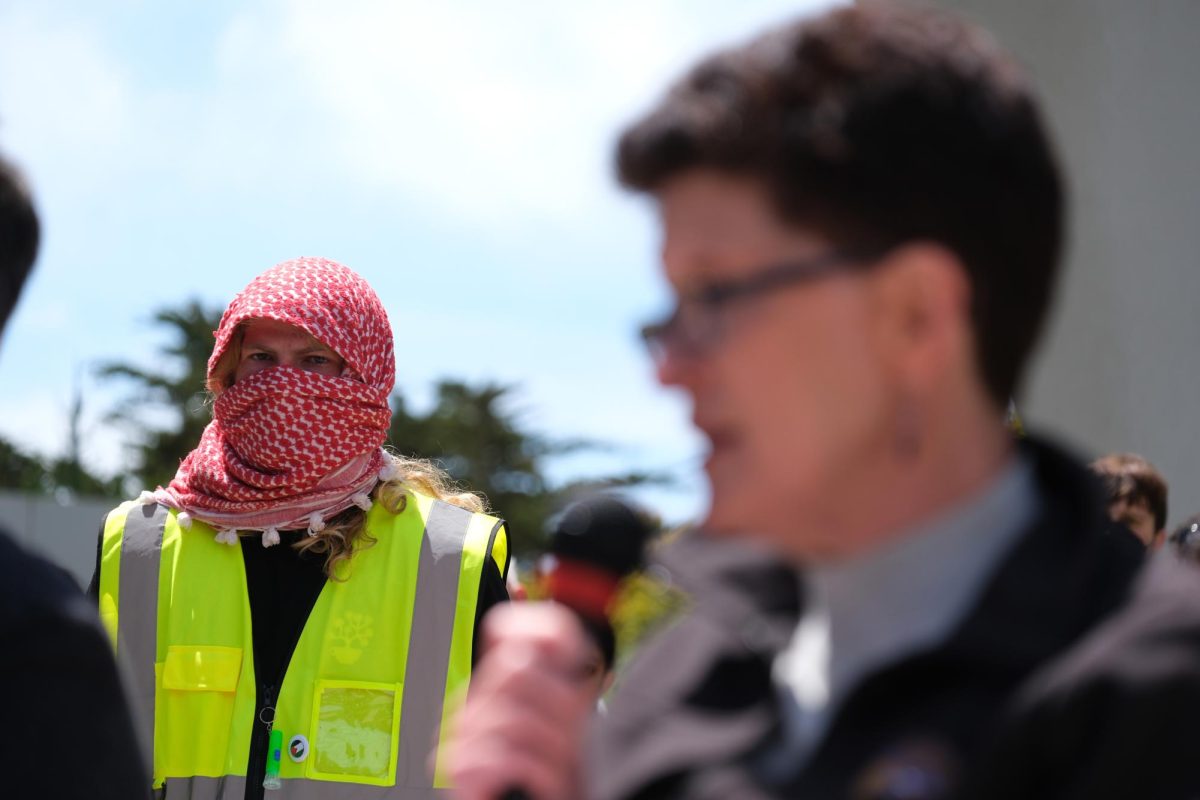
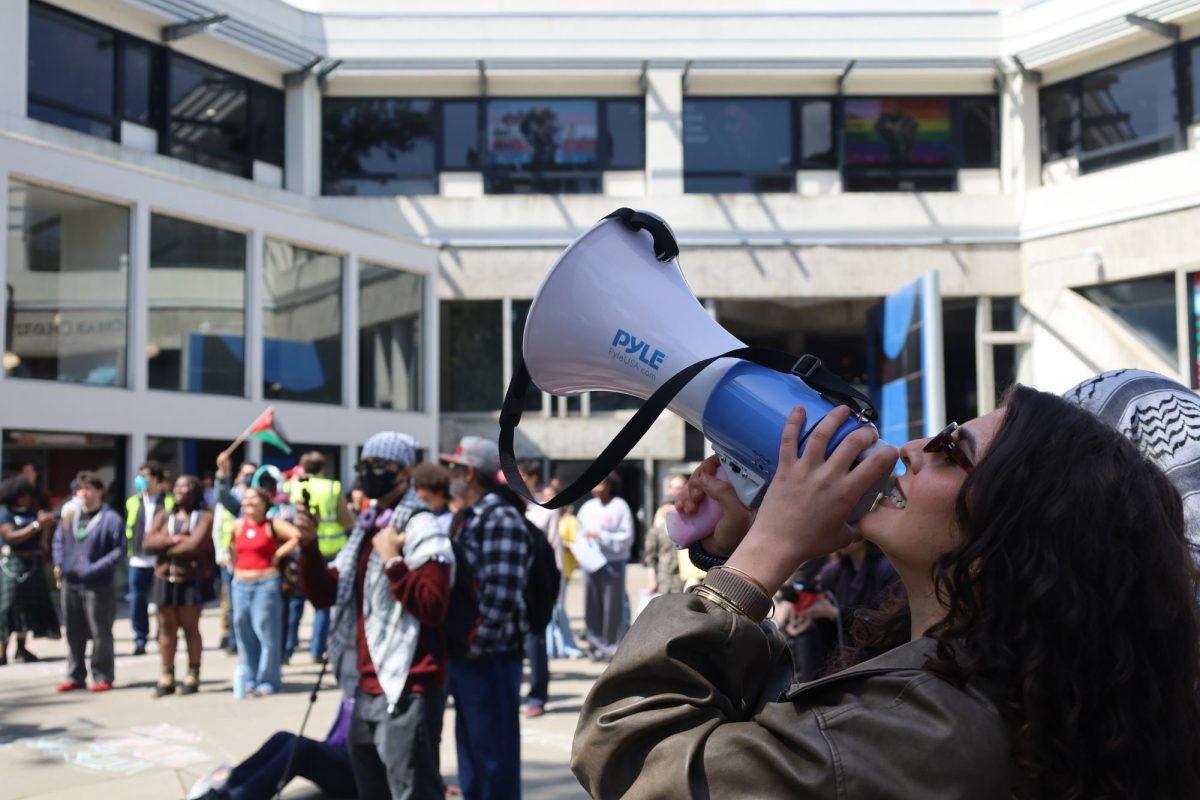
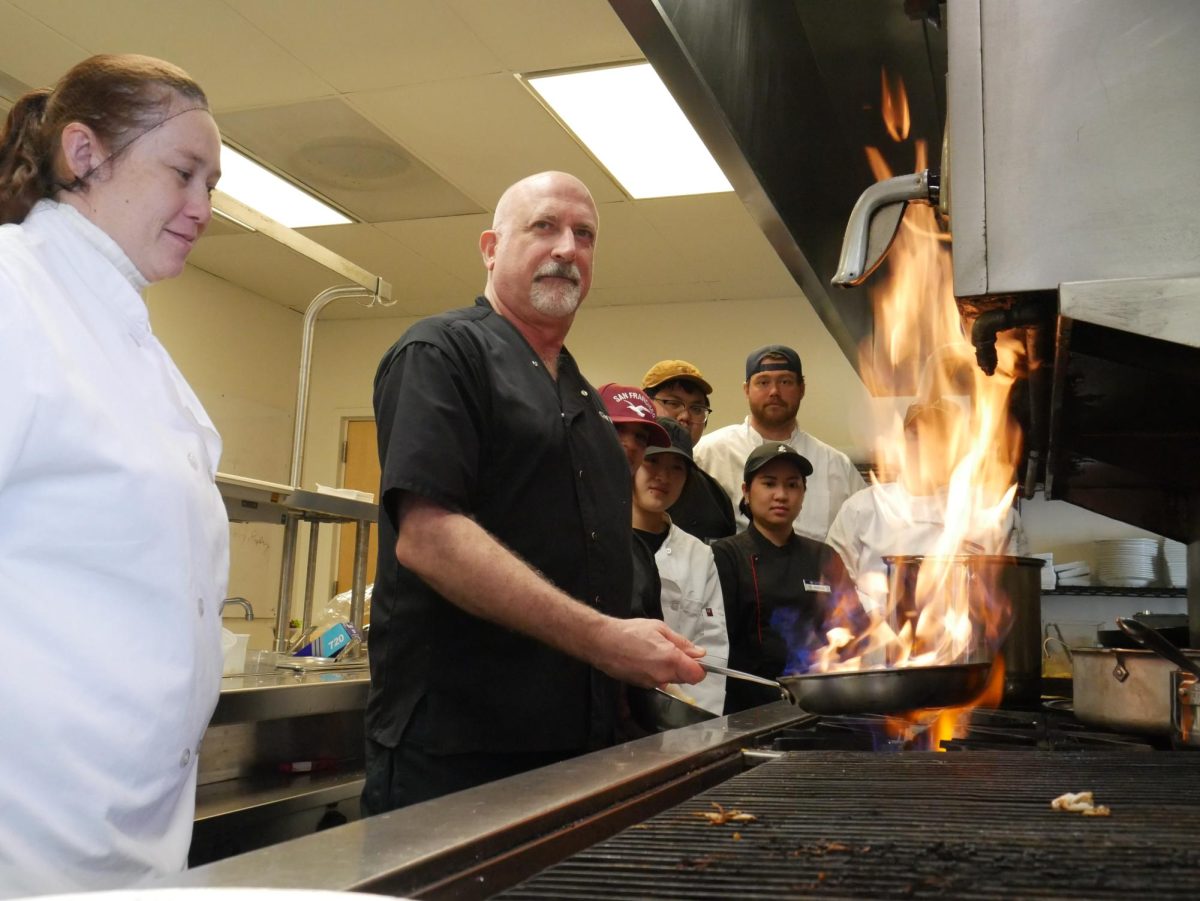
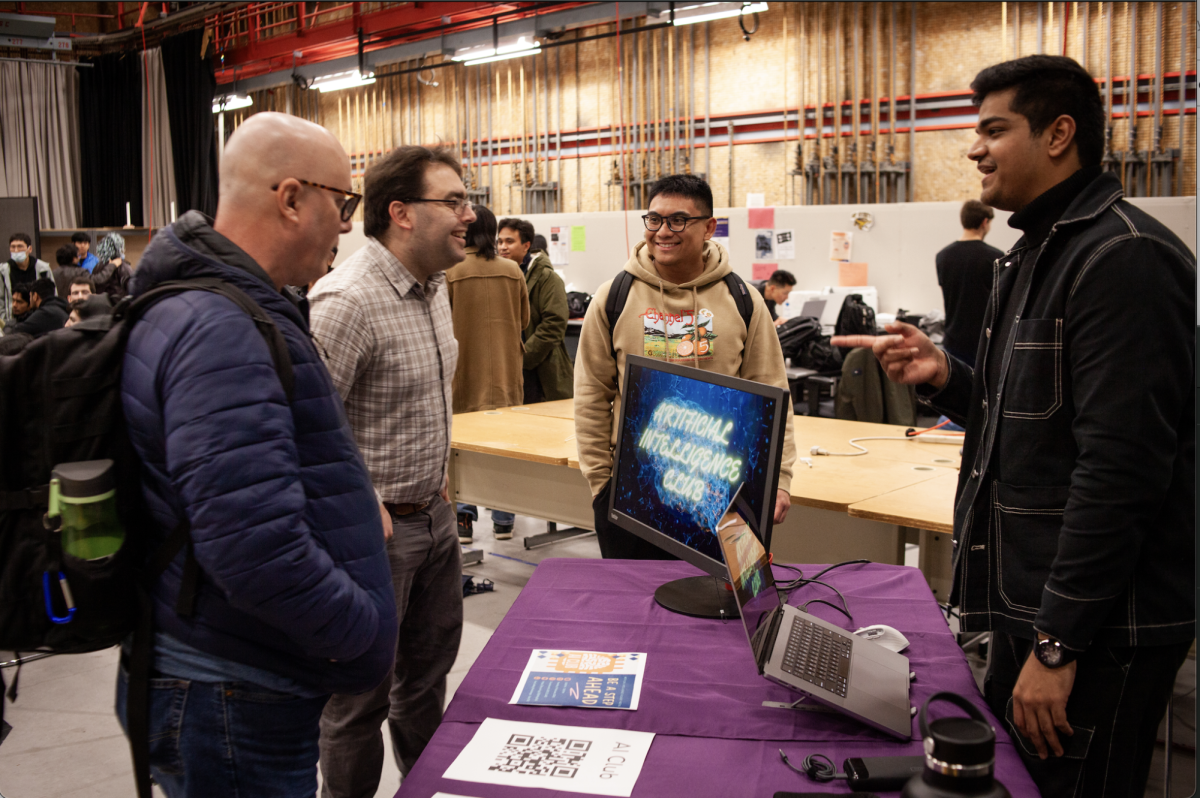
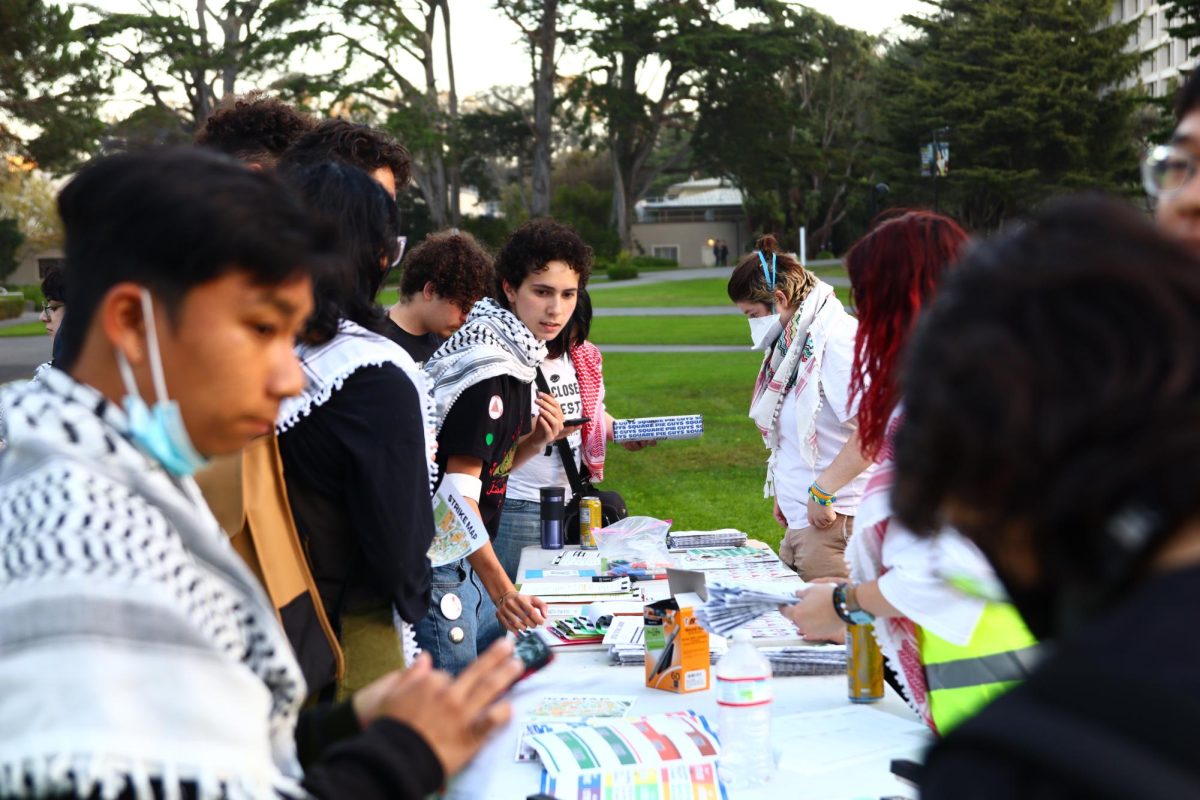
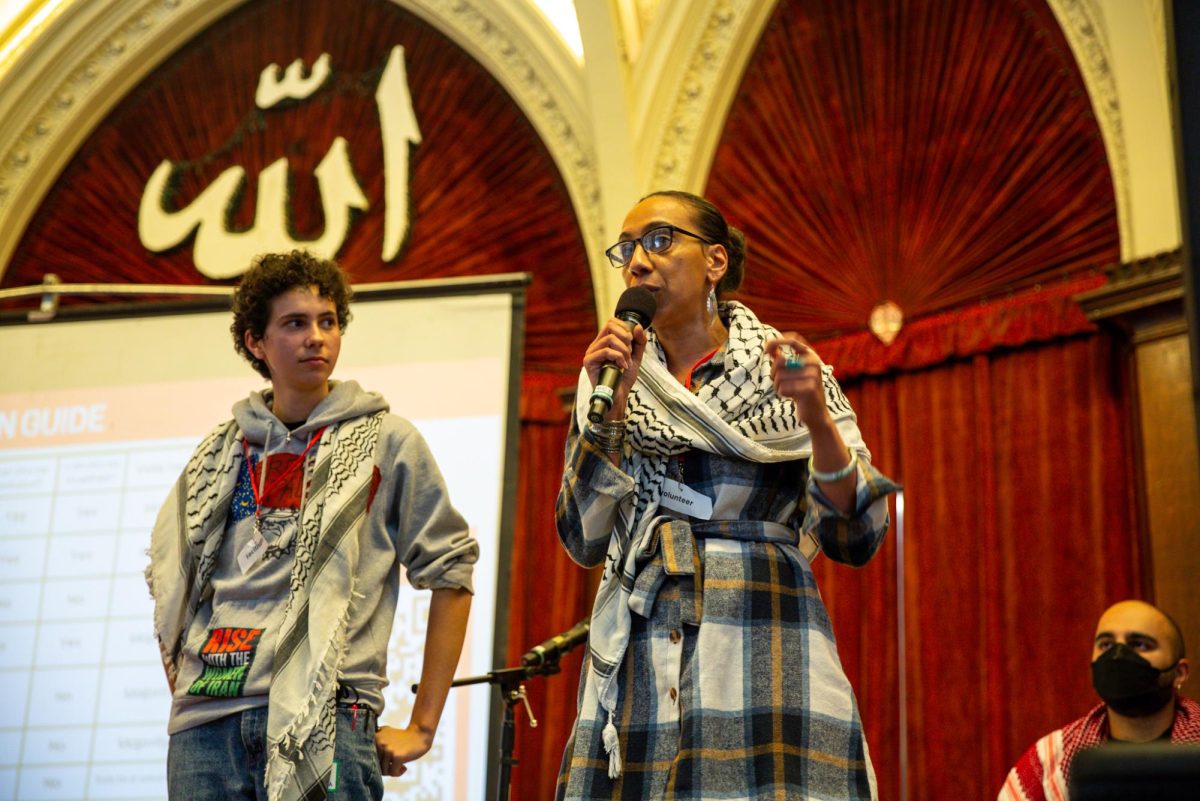
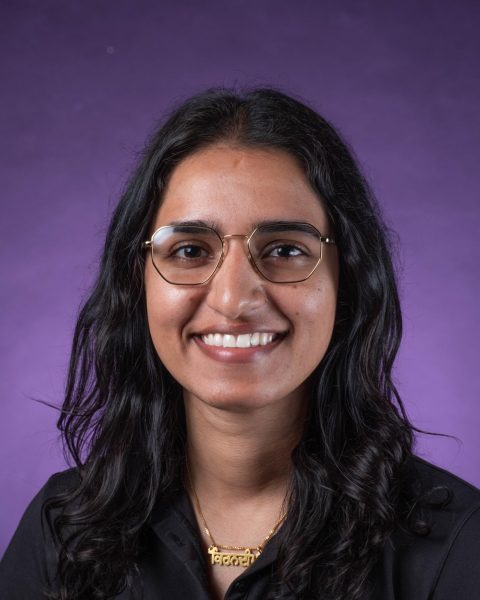
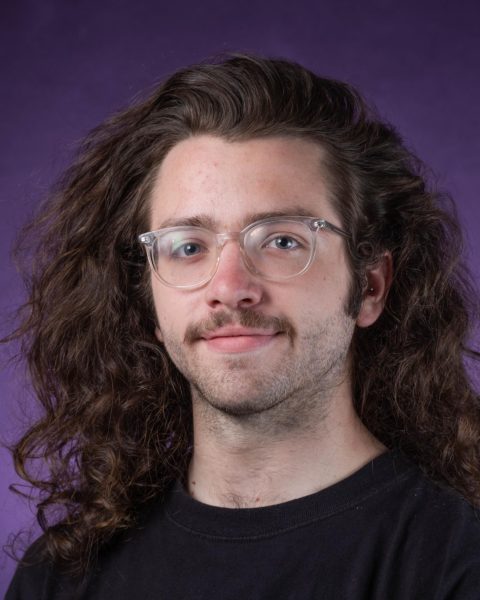

Sandra Neumann Cohen, Ph.D. • Sep 3, 2024 at 9:39 am
As an alumnus of and TA in the Psychology Department at San Francisco State University, I disagree with this divestment decision. Israel is the ally of the United States and our city is a sister city of Haifa. We need to stand by our allies as they stand by us. Caving in to demands form Students for Gaza is not helpful as it only gives Hamas more impetus to proceed with their murderous campaign. Sandra Neumann Cohen, Ph.D., M.A degree in May, 1976.